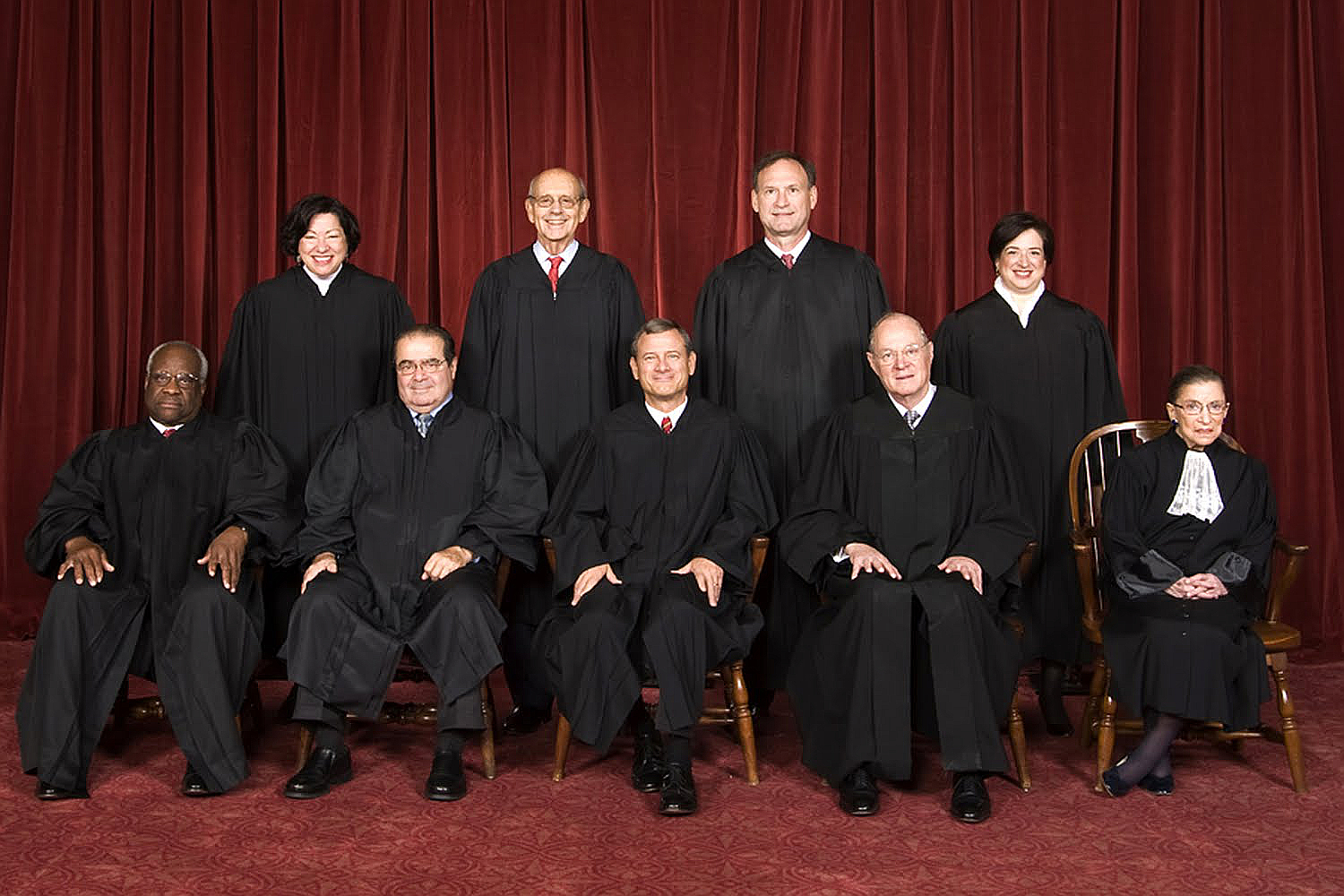
The federal government has filed a brief urging the Supreme Court to strike down Proposition 8, the gay marriage ban approved by California voters in 2008. The court will hear arguments in Hollingsworth v. Perry, which tests the constitutionality of the ban, this month.
Arguing that the proposition violates the equal protection clause in the US Constitution’s 14th Amendment, the Obama administration argues that “prejudice may not… be the basis for differential treatment under the law.” However, the brief does not ask the Supreme Court to declare all such bans unconstitutional across the nation.
The administration’s argument is similar to the one it stated previously against the Defense of Marriage Act of 1996, which it has also urged the court to rule unconstitutional.
California offers a designation, “civil union,” that grants legal status to gay couples. However, the administration’s brief states that “marriage… confers a special validation of the relationship between two individuals and conveys a message to society that domestic partnerships or civil unions cannot match.”
Local students are divided about the brief and Proposition 8, which was passed in response to a state Supreme Court ruling that allowed same-sex couples to marry. Though the law was overturned by a federal judge in 2010, it is currently in effect while pending Supreme Court review.
Irvine High junior Olivia Wang, who supports the administration’s stance, says marriage equality shouldn’t be under state control. According to Wang, “If the federal government believes a state law is violating the constitution, they should have a right to change the law even if the people voted on it.”
Others disagree. Irvine High senior Paul Kim says, “Proposition 8 is a voter-approved measure. I don’t feel like it’s a civil rights issue, and the federal government shouldn’t interfere with the states’ jurisdiction.”
For junior classmen Ryan Leou, however, the issue goes beyond government. According to Leou, “there should be full marriage equality for couples nationwide. It’s a fundamental civil right.”

